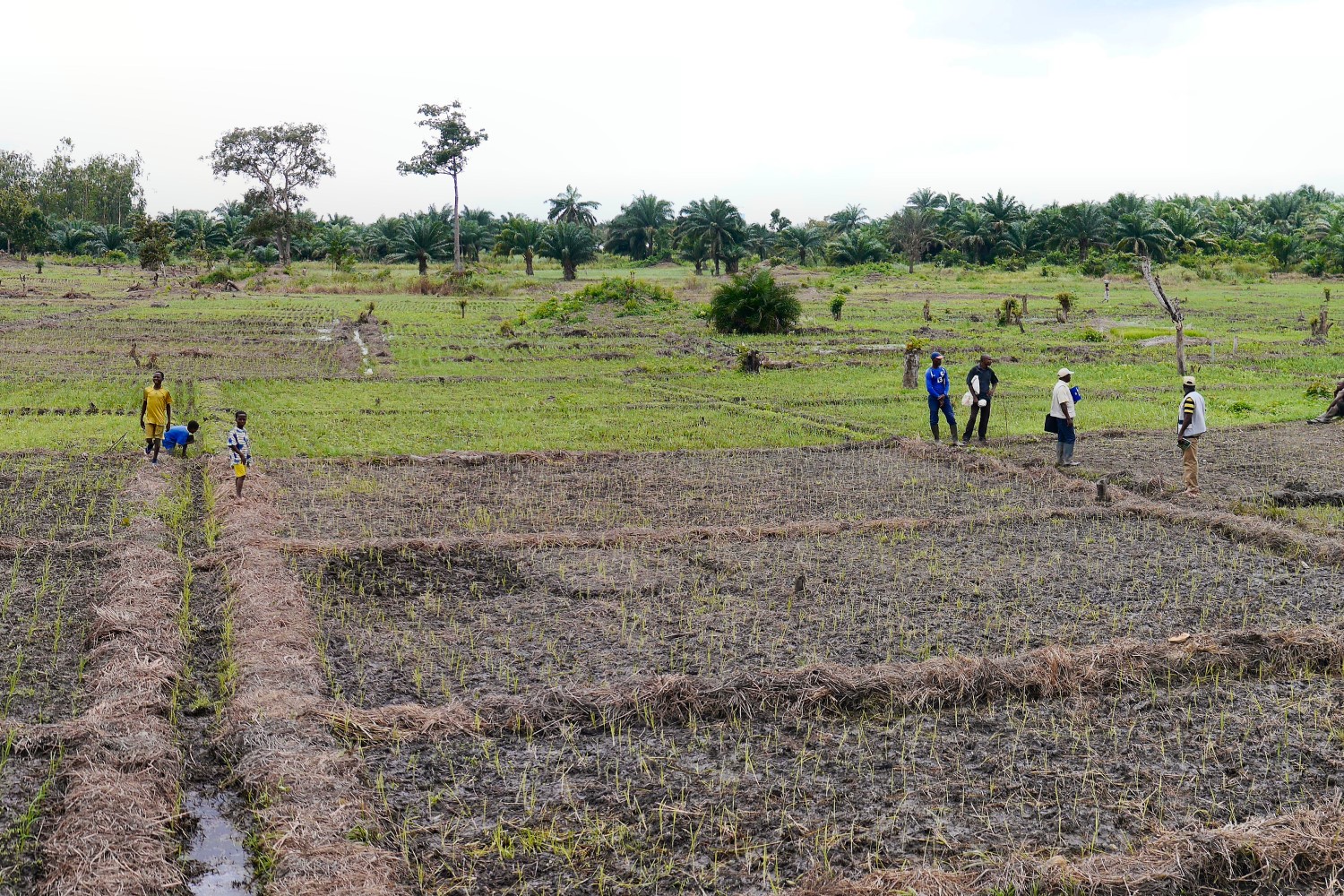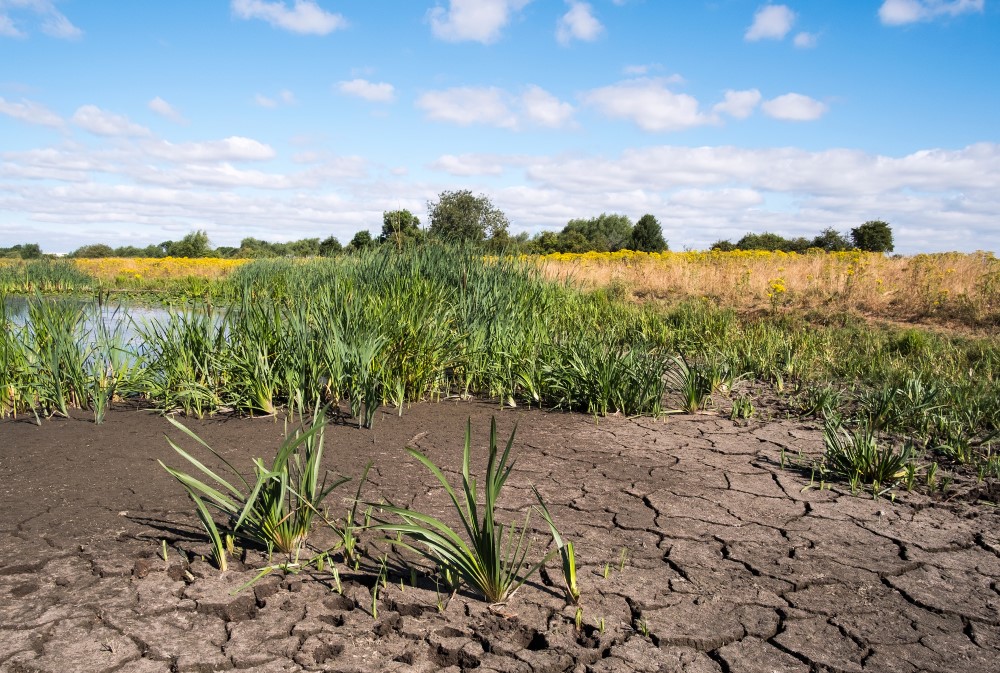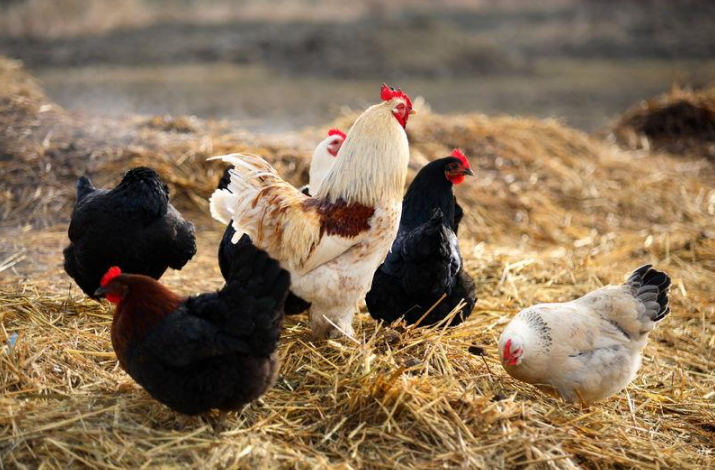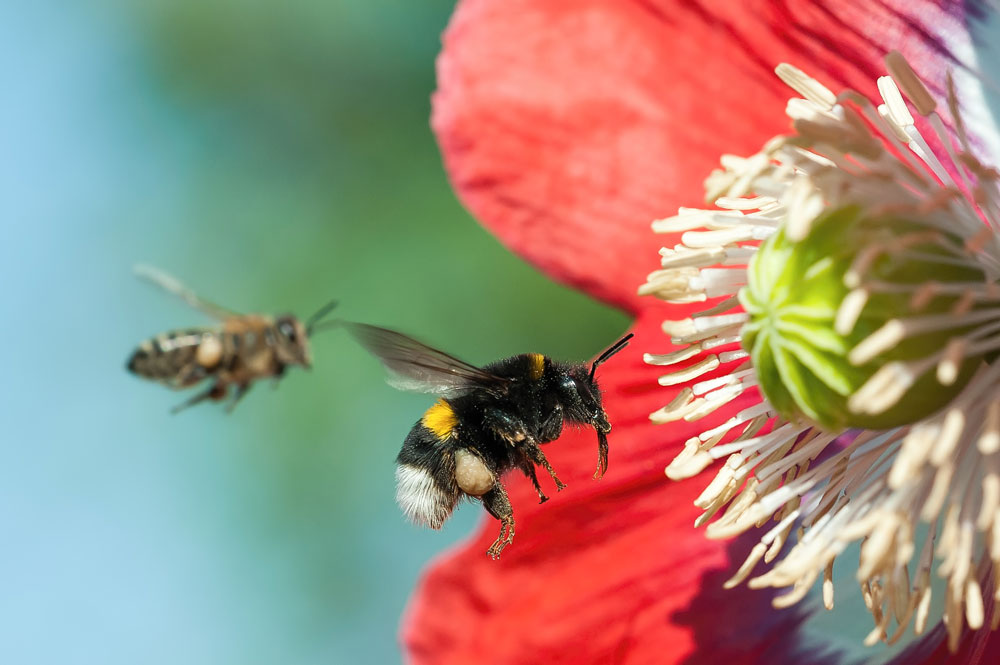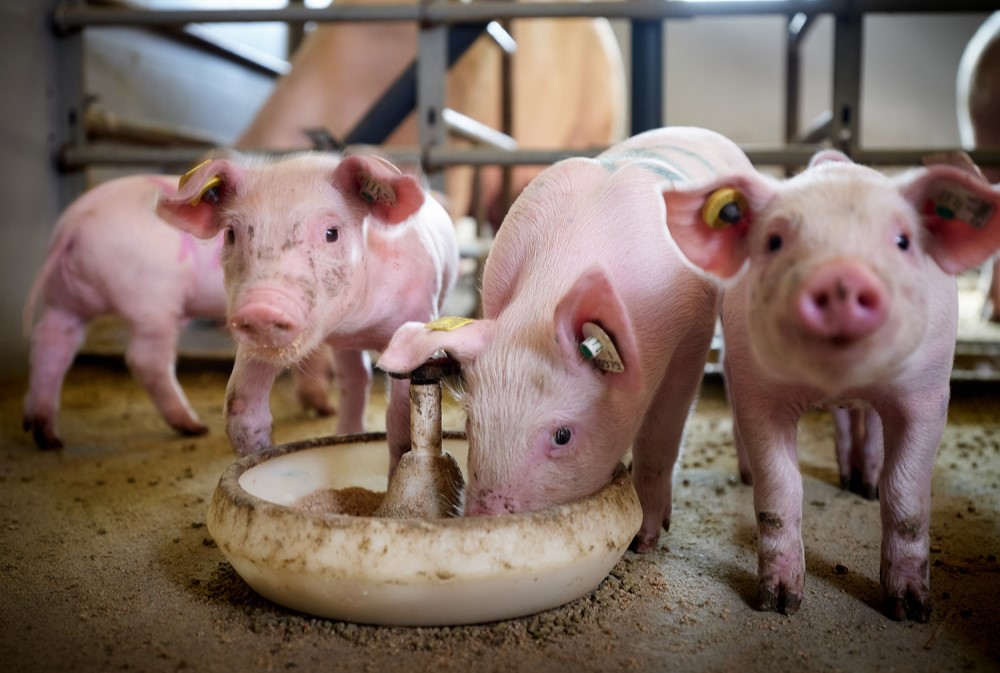02/06/2024 SOURCE: www.wur.nl
Rice production in Africa is in urgent need of intensification to meet future demand. This is to prevent the continent from becoming largely dependent on the import of rice or significant portions of farmlands being used for cultivation. Research shows there is potential to make rice production more efficient if the current farming methods are improved.
African rice production must become more efficient to prevent large-scale import and cultivation
-
(0)
-
Bookmark
- Comments. (0)
 John LaRose Jr.
John LaRose Jr.
Topics: Agriculture Global, Water, Research, Ag Europe, Education, Weather,
Drought makes heatwaves hotter, but less deadly
During heatwaves, there is no rain and the soil dries out. This further enhances the rising of heatwave temperatures. But remarkably, desiccated soils also have an advantage: they reduce air humidity and make a heatwave less deadly to humans.
-
(0)
-
Bookmark
- Comments (0)
 John LaRose Jr.
John LaRose Jr.
Topics: Agriculture Global, Food/Nutrition, Sustainability, Research, Government / Policies, Food Security/Shortage,
Potential crop yields can be dozens of percentage points higher than estimated
Food security policies implemented by governments, businesses and organisations such as the UN rely partly on global models that assess current and potential crop yields. Scientists at Wageningen University & Research (WUR) and the University of Nebraska-Lincoln warn that these global top-down models have certain shortcomings.
-
(0)
-
Bookmark
- Comments (0)
 John LaRose Jr.
John LaRose Jr.
Topics: Precision AG , Agriculture Global, Poultry, Economics, Research, Education,
Risk of airborne transmission of avian influenza from wild waterfowl to poultry negligible
Research by Wageningen Bioveterinary Research (WBVR) has shown that the risk of airborne transmission of high pathogenic avian influenza virus from infected wild birds is negligible. The research looked specifically at the airborne movement of particles from wild waterfowl droppings in the vicinity of poultry farms during the risk season for avian influenza (October to March). It also considered transmission via aerosolization, with the exhalations or coughs of wild waterfowl infected with avian influenza virus finding their way into the ventilation systems of poultry farms. As a precaution, it’s important that the carcasses of wild waterfowl or other wild birds that have died of high pathogenic avian influenza are removed from their habitat as soon as possible. If not, scavengers eating the carcasses could cause feathers to become distributed. Feathers of wild birds that died of, and if the wild bird died of high pathogenic avian influenza contain the virus, which can then the virus can survive for a long time in those feathers.
-
(0)
-
Bookmark
- Comments (0)
 John LaRose Jr.
John LaRose Jr.
Topics: Soil Health, Vegetables, Crop Consultant, Conservation/Tillage, Sustainability, Crop Diseases, Research, Regenerative Agriculture,
Researchers make chicory plants without bitter compounds
Researchers have used new breeding techniques to develop a chicory variety that no longer contains bitter compounds. Katarina Cankar, plant researcher at Wageningen University & Research: “In the European CHIC project, we are working on improved industrial chicory varieties (related to witloof) that contain dietary fibre and compounds that have potential medicinal properties.” The research consortium published their results in the Plant Biotechnology Journal.
-
(0)
-
Bookmark
- Comments (0)
 John LaRose Jr.
John LaRose Jr.
Topics: Cover Crops, Crop Consultant, Agriculture Global, Sustainability, Regenerative Agriculture, Renewable Energy (Solar/Wind),
Biodiversity in Food Systems
As we grapple with the challenges of feeding the growing world population without destroying our planet, agendas are increasingly turning to the role of biodiversity in food systems. Biodiversity at all levels – genetic, species and ecosystems – is the basis of our food system, yet our comprehension of its role is often overlooked or undervalued. WUR delivers world-leading research in both food and biodiversity. Its food systems approach acknowledges the many interlinkages between people, agriculture, biodiversity, water, health and climate change. WUR’s ambition is to leverage the role of biodiversity in this food systems thinking, and thus provide thought leadership that contributes to transforming our food systems and bending the curve of biodiversity loss.
-
(0)
-
Bookmark
- Comments (0)
 John LaRose Jr.
John LaRose Jr.
Topics: Soil Health, Beekeeping, Sustainability, Pollinators, Education,
Biodiversity
Biodiversity is a comprehensive concept. It includes the diversity of all life on earth, from flowers and bees to bacteria and tropical forests. Biodiversity is essential to humankind, for it is the foundation for our food, clean air, soil quality and other ecosystem services. Biodiversity and nature also benefit our well-being: green is good for us. Moreover, biodiversity has intrinsic value: who are we to decide whether a panda or tiger deserves to live?
-
(0)
-
Bookmark
- Comments (0)
 John LaRose Jr.
John LaRose Jr.
Topics: Soil Health, Sustainability, Crop Diseases, Potatoes, Research, Ag Europe, Agronomy, Plant Breeding,
Wageningen scientists discover how the potato blight pathogen penetrates the plant
In the 19th century, the notorious pathogen Phytophthora infestans caused a large famine in Ireland and other parts of Western Europe. To this day, it continues to pose a major threat to global food production. It has long been a mystery how this microscopically small organism and other members of the Phytophthora genus mechanically gain entry through the protective layer on the leaves of crops. In a unique collaboration, Wageningen University & Research experts in plant pathology, cell biology and physics have now found an answer to this question. Their discovery also provides new leads to making the control of Phytophthora more effective, more efficient and more sustainable on the long term. Their findings are published in Nature Microbiology.
-
(0)
-
Bookmark
- Comments (0)
 John LaRose Jr.
John LaRose Jr.
Topics: Agriculture US, Agriculture Global, Economics, Pest Control, Insects, Pork/Swine/Pig/Hog, Research, Plant-Based/Animal Free, Animal Health,
Black soldier fly larvae can replace soybean meal in growing pigs
Black soldier fly larvae (BSF) can replace soybean meal (SBM) as protein source in the diet for growing pigs. That was discovered by a multidisciplinary research team of Wageningen University and Research (WUR) and Leiden University, the Netherlands.
-
(0)
-
Bookmark
- Comments (0)


